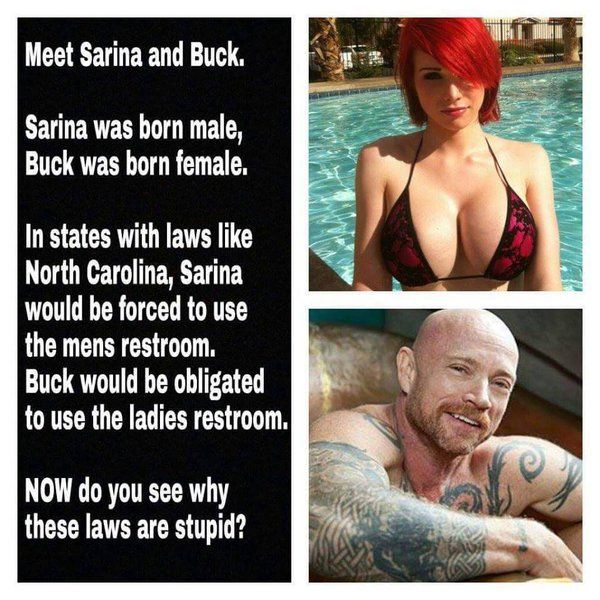I'm going to use this as an example for my (half-baked) argument that cancel culture is less about "the libs" (if by that we mean something like a left-wing thought police a la HBB's insane theory of American liberalism being more Marxian than Marx) than it is about capitalism and the market.
All these places supposedly caving to "cancel culture" aren't being forced to fire anyone. They're making business decisions based on optics and future returns. Now, do these decisions sometimes fall in line with what a vaguely liberal/leftist/democratic (I use all the terms because I'm not sure which is correct, and I suspect in some way they all are) demographic pushes? Yes, absolutely.
But they don't have to. Emily Wilder wasn't the target of liberals, but of
conservatives:
Emily Wilder spoke with BuzzFeed News after she was fired by the Associated Press when conservatives shared her old social media posts and noted her pro-Palestinian college activism.
This isn't to say that so-called cancel culture never aligns with purportedly liberal values, but that it also can align with conservative values. Wilder's firing corresponds precisely to current Zionist conservative politics that aim to demonize Palestine, and the source of the pressure came from the Stanford College Republicans.
All this is to say, cancel culture has less to do with leftism or our contemporary notion of liberalism/"the libs" than it does with the bottom line, and in this society that means financial incentives. The AP wants to avoid any controversy that might impact membership. Conservatives are rip-roaring cancel culturists, and they take any chance they can to silence those they don't like. The notion that cancel culture is a liberal movement isn't accurate, I'd say. Or rather, it's liberal insofar as liberal means liberalism--i.e. free markets.
You can say whatever the fuck you like, but the market will have the final say. All hail capitalism.



